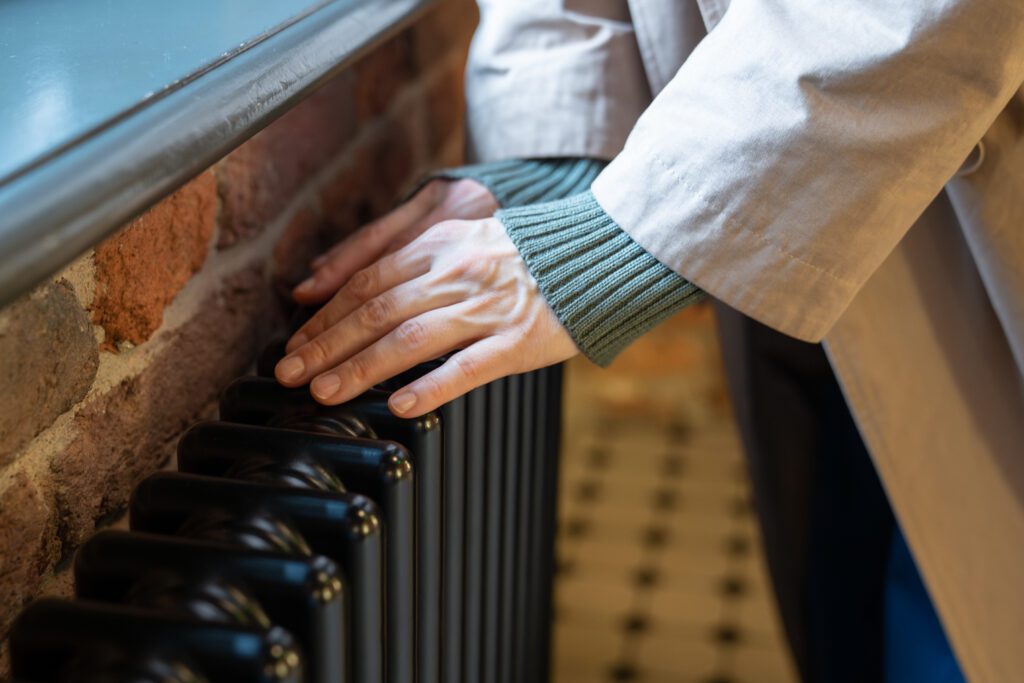As winter approaches, ensuring your HVAC system runs efficiently is paramount for maintaining comfort in your home. With unpredictable weather conditions, cost-effective solutions for HVAC maintenance and repair become essential. This article outlines key aspects of HVAC systems, common issues that arise in winter, and effective repair strategies to keep your heating system running smoothly without breaking the bank.
Understanding the Importance of HVAC Maintenance in Winter
HVAC maintenance is crucial during the winter months, as your heating system works harder to maintain comfortable indoor temperatures. Neglecting maintenance can lead to inefficiencies, higher energy bills, and potential system failures. Regular servicing ensures that your system is operating optimally and can help you save money in the long run.
The Role of HVAC Systems in Maintaining Indoor Comfort
Your HVAC system plays a vital role in controlling the indoor climate, providing warmth during cold months, and ensuring overall comfort. A well-functioning system prevents drafts, maintains consistent temperatures, and enhances air quality by filtering pollutants. Regular checks can help preserve the effectiveness of your HVAC system. Additionally, modern HVAC systems often come equipped with smart technology that allows homeowners to monitor and adjust settings remotely, ensuring that the home remains cozy even when occupants are away. This not only adds convenience but also contributes to energy efficiency, as systems can be programmed to reduce output during times when the home is unoccupied.
The Impact of Winter on HVAC Efficiency
Winter weather can impose significant stress on HVAC systems. Cold temperatures can fatally affect efficiency levels, and prolonged periods of inactivity can lead to further complications. Debris buildup, reduced airflow, and refrigerant issues are common, leading to increased wear and tear. Understanding these impacts can help homeowners take preventative measures. For instance, ensuring that vents are clear of obstructions, such as snow or ice, can greatly improve airflow and efficiency. Furthermore, scheduling a professional inspection before the onset of winter can identify potential problems early, allowing for timely repairs that can prevent costly breakdowns during the coldest months.
Moreover, it’s essential to consider the importance of changing air filters regularly. Clogged filters can restrict airflow, forcing the system to work harder and potentially leading to overheating or other mechanical failures. Homeowners should also be aware of unusual noises or smells emanating from their HVAC units, as these can be indicators of underlying issues that require immediate attention. By staying proactive about maintenance, not only can you enhance the lifespan of your HVAC system, but you can also create a healthier living environment for you and your family.
Identifying Common HVAC Problems in Winter
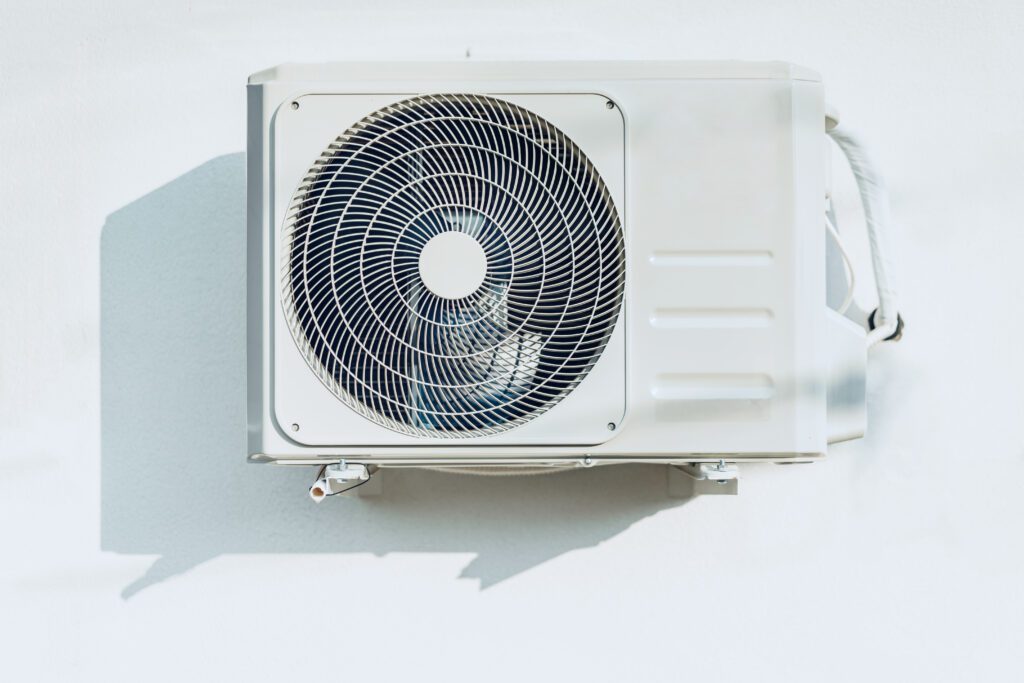
Identifying HVAC problems early is essential to avoid expensive repairs. Many common issues specifically arise during the winter months, stemming from both mechanical failures and environmental conditions. Being aware of these problems can guide homeowners in addressing maintenance needs promptly.
Recognizing Signs of HVAC Malfunction
It’s important to remain vigilant for signs that your HVAC system may be malfunctioning. Some telltale indicators include:
- Inconsistent heating across different rooms
- Strange noises emanating from the unit
- Increased energy bills without a change in usage
- Frequent cycling on and off
- Foul odors when the system is in use
If you observe any of these signs, it may be time to investigate further or call in a professional. Additionally, homeowners should consider monitoring the age of their HVAC system, as older units are more prone to issues, particularly during extreme weather conditions. Regular maintenance checks can help catch potential problems before they escalate, ensuring a warm and comfortable environment during the coldest months.
Common Cold-Weather HVAC Issues
Several issues become prevalent in winter that can affect your HVAC system’s performance:
- Frozen pipes or condensate lines
- Thermostat malfunctions
- Worn out filters, leading to reduced airflow
- Drafty windows and doors affecting system performance
- Aging equipment that struggles under temperature strains
Addressing these problems proactively is key in ensuring your system remains efficient throughout the winter. For instance, frozen pipes can lead to significant water damage and costly repairs if not addressed quickly. Homeowners should insulate exposed pipes and ensure that their heating systems are set to maintain a minimum temperature, even when they are away. Furthermore, regularly changing air filters not only improves airflow but also enhances indoor air quality, which can be particularly important during winter months when homes are sealed tight against the cold.
Cost-Efficient HVAC Repair Solutions
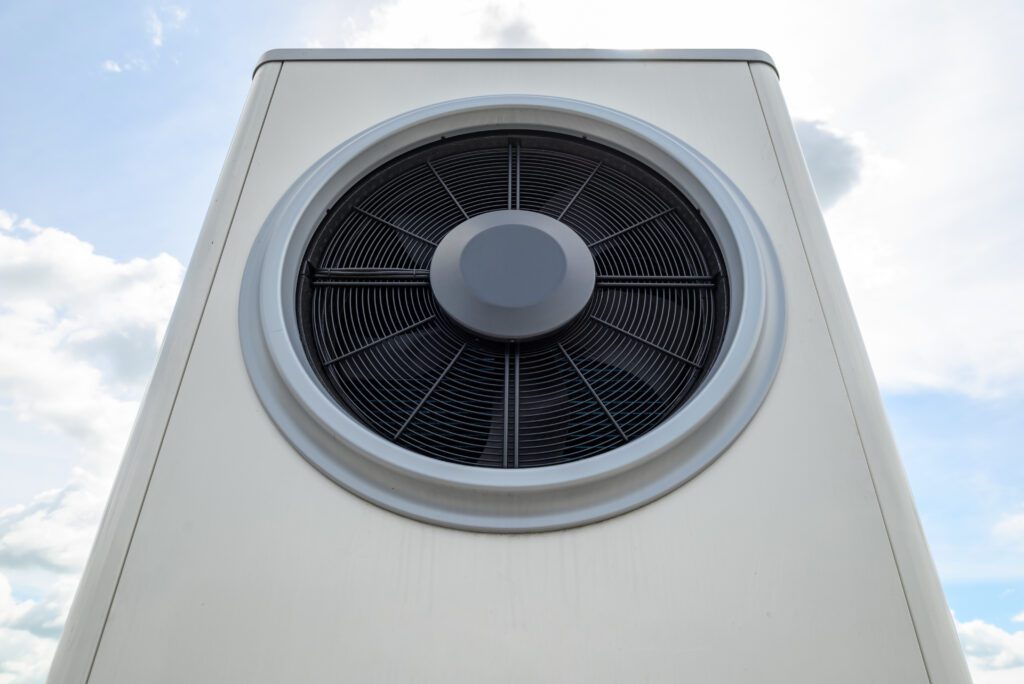
When it comes to repairing your HVAC system during winter, cost-effective solutions can save you money without compromising quality. Many repairs can be tackled without professional help, and knowing when to call for assistance can help maintain safety and efficiency. Understanding the intricacies of your HVAC system not only empowers you as a homeowner but also enhances your ability to make informed decisions regarding repairs and maintenance. Regular upkeep can lead to significant savings in energy costs, making it a worthwhile investment.
DIY Fixes for Minor HVAC Problems
Many minor HVAC issues can be resolved easily with a bit of know-how. Consider the following DIY fixes:
- Replace air filters regularly to improve airflow and system efficiency.
- Clear debris from outdoor units to prevent blockages.
- Inspect and seal ductwork to reduce heat loss.
- Test and reset the thermostat to ensure accurate temperature readings.
Engaging in these simple maintenance tasks can prolong the life of your HVAC system while keeping it functioning efficiently. Additionally, you might want to consider scheduling seasonal check-ups, as these can help identify potential issues before they escalate into costly repairs. By keeping a close eye on your system’s performance and addressing minor problems promptly, you can create a more comfortable living environment and enhance the overall air quality in your home.
When to Call a Professional: Balancing Cost and Safety
While DIY repairs can save money, it’s essential to know your limits. Cases where it’s prudent to call a professional include:
- If the HVAC system fails to start despite troubleshooting efforts.
- If you notice gas leaks or burning smells.
- If your system produces excessive noise or vibrations.
In such situations, investing in professional repairs is necessary to ensure both safety and system longevity. Moreover, professionals can provide a comprehensive inspection that may uncover underlying issues that are not immediately apparent. They are equipped with the right tools and expertise to handle complex problems, ensuring that your HVAC system operates at peak performance. This proactive approach not only enhances safety but also contributes to the efficiency and reliability of your heating and cooling system, ultimately leading to a more comfortable home environment.
Future Trends in HVAC Repair for 2024
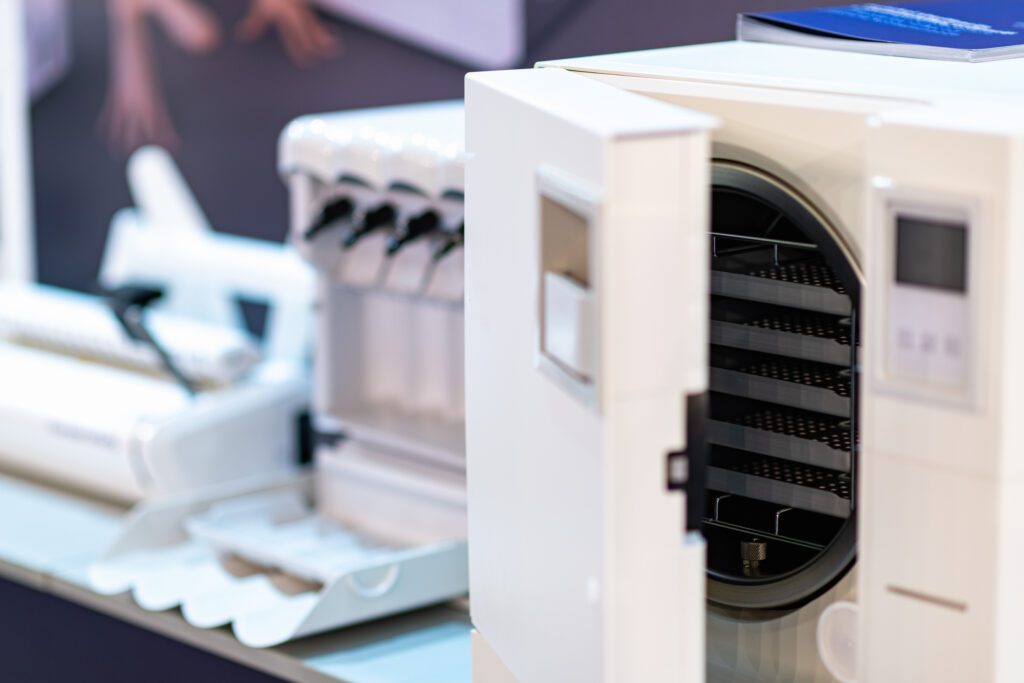
The HVAC industry is continually evolving, offering innovative solutions that can improve efficiency and reduce costs. Understanding these trends can help homeowners make informed decisions about their HVAC systems.
Technological Advances in HVAC Repair
Emerging technologies in HVAC systems are focused on enhancing energy efficiency and user control. Smart thermostats, AI-driven diagnostics, and IoT integration in HVAC units are just a few examples. These advancements cater to both comfort and proactive maintenance, often alerting homeowners about potential issues before they escalate. Additionally, the integration of machine learning algorithms allows HVAC systems to adapt to user behavior over time, optimizing energy consumption and ensuring a consistently comfortable environment. This level of personalization not only enhances user experience but also contributes to significant energy savings.
Predicted Changes in HVAC Repair Costs
As technology improves, the cost of HVAC repairs is anticipated to become more manageable. With an increased focus on energy efficiency, many homeowners can expect to save on energy bills while reducing repair costs through preventative technologies. Regular maintenance paired with swift repairs is vital for capitalizing on these efficiency gains. Furthermore, the rise of telematics in HVAC systems allows technicians to remotely monitor system performance, which can lead to quicker diagnosis and less time spent on-site. This not only reduces labor costs but also minimizes the disruption to homeowners’ daily lives, making HVAC maintenance more convenient than ever.
Moreover, as the industry shifts towards sustainable practices, the demand for eco-friendly HVAC solutions is on the rise. Homeowners are increasingly interested in systems that utilize renewable energy sources, such as solar-powered HVAC units. These systems not only lower carbon footprints but also provide long-term savings on energy costs. With government incentives and rebates becoming more prevalent for adopting green technologies, the financial landscape for HVAC repairs and installations is likely to shift, encouraging more homeowners to invest in sustainable options that promise both efficiency and environmental responsibility.
Maintaining Your HVAC System Post-Repair
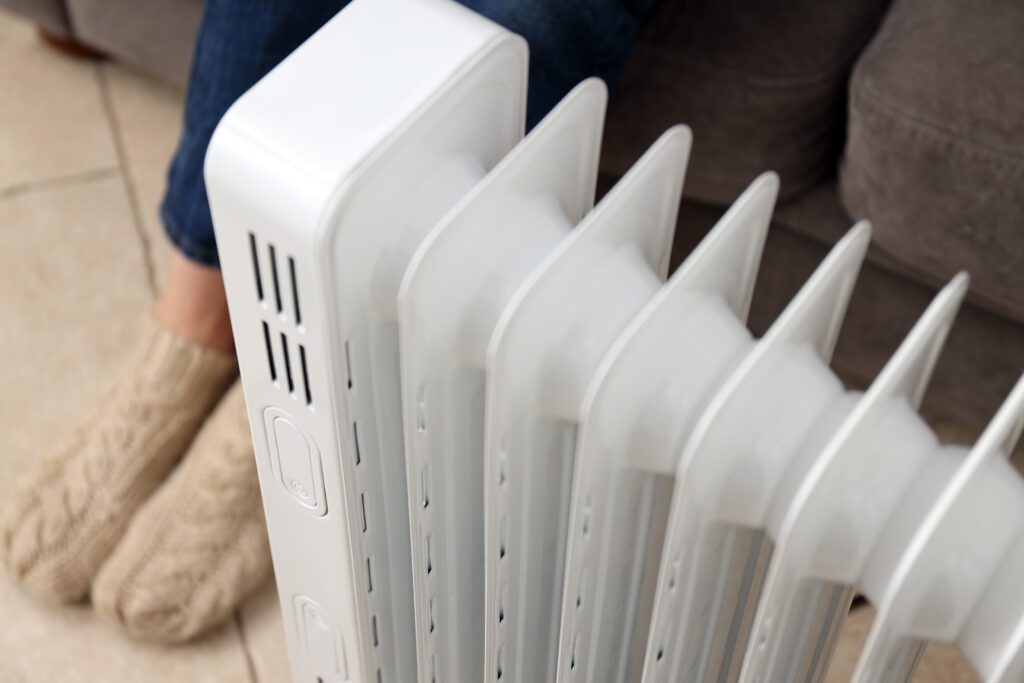
After addressing winter repair needs, ongoing maintenance is necessary to keep your HVAC system efficient. Regular care not only extends the lifespan of your equipment but also provides a more comfortable living environment. A well-maintained HVAC system can significantly reduce energy bills, as it operates more effectively and uses less energy to achieve the desired temperature. Moreover, a properly functioning system contributes to better indoor air quality, which is essential for the health and well-being of your family.
Regular Maintenance for Long-Term Efficiency
Establishing a routine maintenance schedule can significantly enhance the performance of your HVAC system. This may include:
- Seasonal inspections of the entire system.
- Cleansing coils and components to ensure optimal airflow.
- Lubricating moving parts to prevent wear.
These actions will promote long-term efficiency and can prevent costly future repairs. Additionally, consider changing air filters regularly, as clogged filters can restrict airflow and cause the system to work harder than necessary. This not only impacts energy consumption but can also lead to overheating and potential system failures. By staying ahead of these simple maintenance tasks, you can ensure that your HVAC system runs smoothly throughout the year.
Preparing Your HVAC System for the Next Winter
As winter approaches each year, preparing your HVAC system is critical to ensure it operates effectively when needed. This involves:
- Completing annual checks before the cold season begins.
- Sealing any drafts that may affect performance.
- Testing the heating system to ensure it is ready for cold temperatures.
With these preparations, you can ensure a warm, comfortable winter while maximizing the efficiency and lifespan of your HVAC system. Furthermore, consider investing in a programmable thermostat that can help regulate temperatures more efficiently. By setting the thermostat to lower temperatures during the night or when you are away, you can save on energy costs while still maintaining a cozy home environment. Additionally, insulating your home properly can help retain heat, reducing the workload on your HVAC system and enhancing its longevity.
Understanding and managing your HVAC system’s maintenance and repair needs will lead to significant benefits, both financially and in comfort while navigating the winter months. By staying informed and proactive, you can address any potential issues before they escalate into costly repairs, ensuring that your home remains a haven of warmth and safety. Remember, a little effort in maintenance goes a long way in preserving the integrity of your HVAC system and ensuring that it serves you well for years to come.

